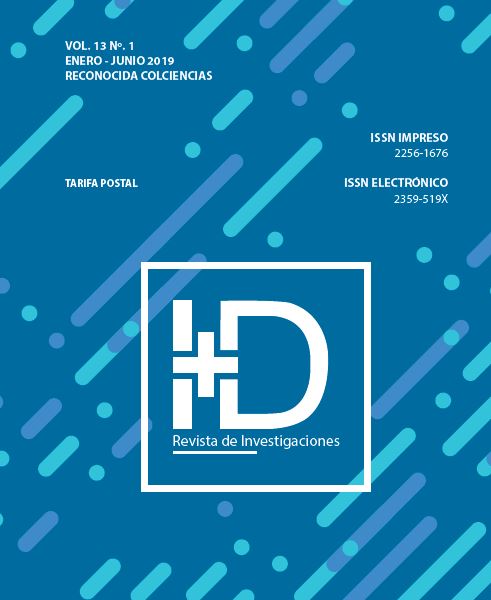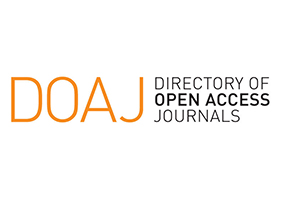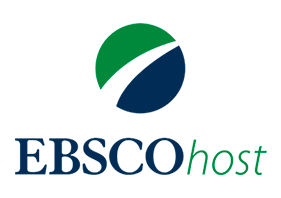Crowdsourcing as a tool for collective participation in the creation of educational models. Centro Latinoamericano del Propósito Case Study
DOI:
https://doi.org/10.33304/revinv.v13n1-2019011Keywords:
Educational Model, Crowdsourcing, Education, Innovation, CLAP.Abstract
The Latin American Centre for Purpose designed the educational model for its Specialised Program on Leadership and Social Management, through a crowdsourcing strategy, which allowed to design a methodology that would directly respond to the needs of Latin American society. For this end, a team of ten young adults from different countries, ages and professions was formed. After a three-month co-creation process, the team generated the curriculum for the Specialised Program on Leadership and Social Management. This article analyzes the empirical application of crowdsourcing in the development of educational models. Specifically, we describe the implementation process of this strategy in the Specialized Program on Leadership and Social Management by the Latin American Center for Purpose. Likewise, we propose a broad discussion about the utility of crowdsourcing as a new tool for fostering innovation in issues of public and social interest through collective collaboration.Downloads
References
Brabham, D. C. (2008). Crowdsourcing as a model for problem solving: An introduction and cases. Convergence, 14(1), 75–90.
Cerezo, M. G., & Martín, J. B. A. (2012). Crowdsourcing. La base social como fuente de creatividad en contextos de crisis. Creatividad y Sociedad: Revista de La Asociación Para La Creatividad, (18), 1–29.
Estellés-Arolas E. & González-Ladrón-de-Guevara, F. (2012) “Towards an integrated crowdsourcing definition”. Journal of Information science, 38(2), pp. 189-200
Geiger, D., Seedorf, S., Schulze, T., Nickerson, R. & Schader, M. (2011). Managing the crowd: Towards a taxonomy of crowdsourcing processes. In AMCIS. Proceedings of the Seventeenth Americas Conference on Information Systems, Detroit, Michigan August 4th-7th 2011.
Geiger, D., Seedorf, S., Schulze, T., Nickerson, R. C., & Schader, M. (2011). Managing the Crowd: Towards a Taxonomy of Crowdsourcing Processes. In Proceedings of the Seventeenth Americas Conference on Information Systems, Detroit, Michigan August 4th-7th 2011. AMCIS.
Hosseini, M., Phalp, K., Taylor, J. & Ali, R. (2014). The four pillars of crowdsourcing: A reference model. Research Challenges in Information Science (RCIS), 2014 IEEE Eighth International Conference on (pp. 1-12). IEEE.
Howe, J. (2006a), “The Rise of Crowdsourcing”. Wired, 14(6). Retrieved 15 November 2011, from http://www.wired.com/wired/archive/14.06/crowds.html
Howe, J. (2006b), “Crowdsourcing: A Definition”, Crowdsourcing: Tracking the Rise of the Amateur. (weblog, 2 June), Retrieved 15 November 2011. From http://crowdsourcing.typepad.com/cs/2006/06/crowdsourcing_a.html
Kalpic, B., & Bernus, P. (2006), Business process modeling through the knowledge management perspective. Journal of Knowledge Management, 10(3): 40-56.
Kleemann, F., Voß, G. G., & Rieder, K. (2008). Underpaid Innovators: The Commercial Utilization of Consumer Work through Crowdsourcing. Science, Technology & Innovation Studies, 4(1), 5–26.
Lusch, R.F., Vargo, S.L., & Tanniru, M. (2010), “Service, value networks and learning”. Journal of the Academy of Marketing Science, 38: 19-31.
O’Neill, G. (2015). Curriculum Design in Higher Education: Theory to Practice, Dublin: UCD Teaching & Learning. ISBN 9781905254989 http://www.ucd.ie/t4cms/UCDTLP0068.pdf. Also available from UCD Research repository
at: http://researchrepository.ucd.ie/handle/10197/7137
Poetz, M. K., & Schreier, M. (2012). The Value of Crowdsourcing: Can Users Really Compete with Professionals in Generating New Product Ideas? Journal of Product Innovation Management, 29(2), 245–256. https://doi.org/doi:10.1111/j.1540-5885.2011.00893.x
Schenk, E., & Guittard, C. (2011). Towards a characterization of crowdsourcing practices. Journal of Innovation Economics & Management, 1(7), 93–107.
Schuurman, D., Baccarne, B., De Marez, L., & Mechant, P. (2012). Smart ideas for smart cities: investigating crowdsourcing for generating and selecting ideas for ICT innovation in a city context. Journal of Theoretical and Applied Electronic Commerce Research, 7(3), 49–62.
Simanca, F. A., Porras, A. A., Garrido, F. B., & Hernández, P. C. (2017). Implementación de herramientas tecnológicas en los procesos de enseñanza- aprendizaje de los triángulos. I+ D Revista de Investigaciones, 10(2), 79–88.
Skaržauskaitė, M. (2012). The application of crowd sourcing in educational activities. Social Technologies, 2(1), 67–76.
Soto, I. O., & Rios, C. P. P. (2016). Comportamiento y experiencia de consumo desde la interconexión e interactividad de la World Wide Web: un recorrido teórico. I+ D REVISTA DE NVESTIGACIONES, 8(2), 35–45.












